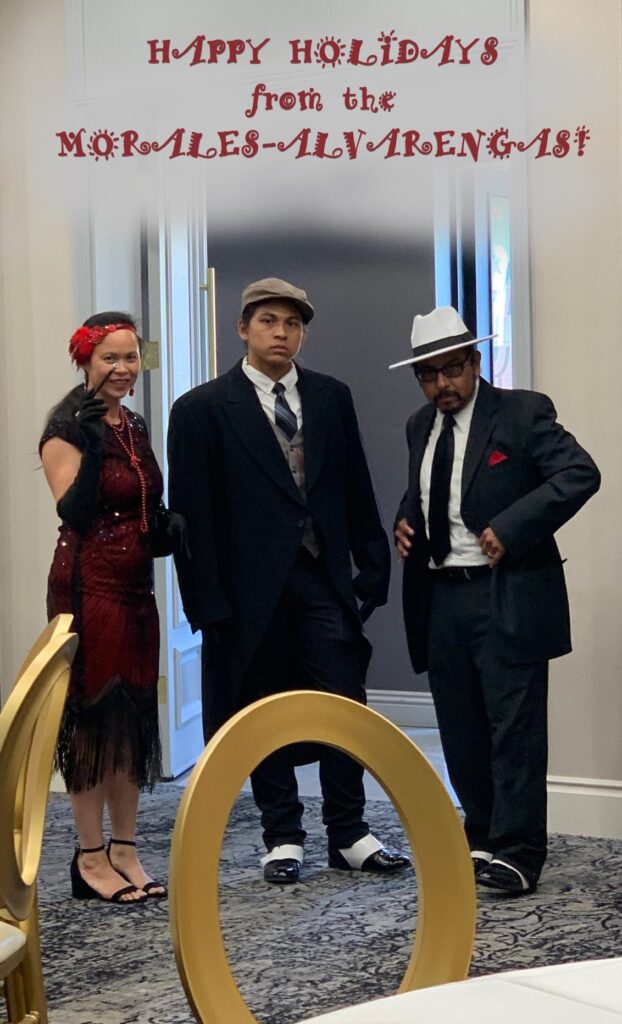Can a “Disability” be an Advantage?
Today I will mention something I never talk about, unless asked, but I get asked about it a lot. I only have two usable fingers in my left hand. The other fingers are just stubs. Many don’t notice it because I use my left arm just fine and I make no effort to hide my “handicap” from the world. I exercise with good form and even do pull ups unassisted at the gym. So when I decided to train with someone there who had been watching me work out for months, she was shocked. She had no idea I was using my wrist to pull myself up the whole time. My “disability” is very visible to some people, and completely unnoticeable to others. I find this is true for most “disabilities.” But what is a disability anyway?
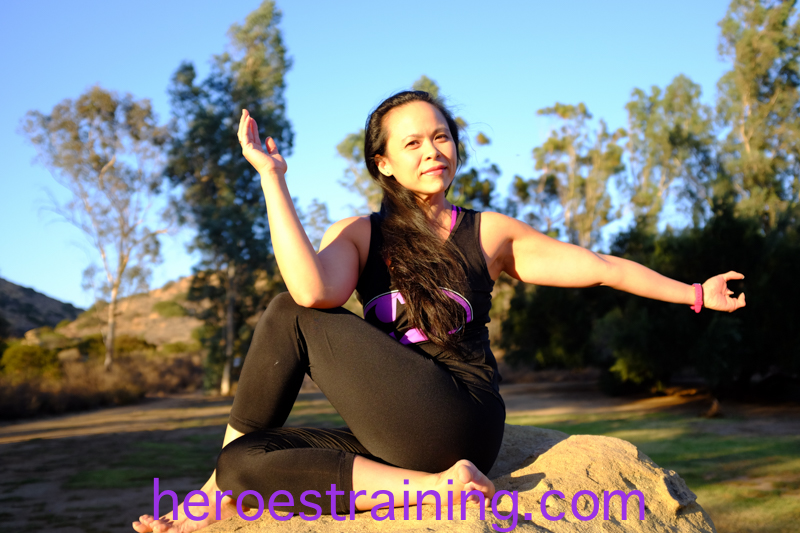
I was inspired to speak out by Amy Purdy who spoke at the IDEA fitness conference. At the age of 19, Amy contracted a disease. She had both her legs amputated and lost both her kidney’s and spleen.
How did she deal with this shocking blow? She became a champion snowboarder.
I was in awe when I heard her speak and learned her story. She said she almost died on the day she was operated on and if she hadn’t been fit during the surgery, she would not have survived. She pointed to a cover photo of her displayed at the event. She said, at that time, she was in the best shape of her life. After having three organs and two limbs removed, she was still able to achieve her personal best in health and fitness.
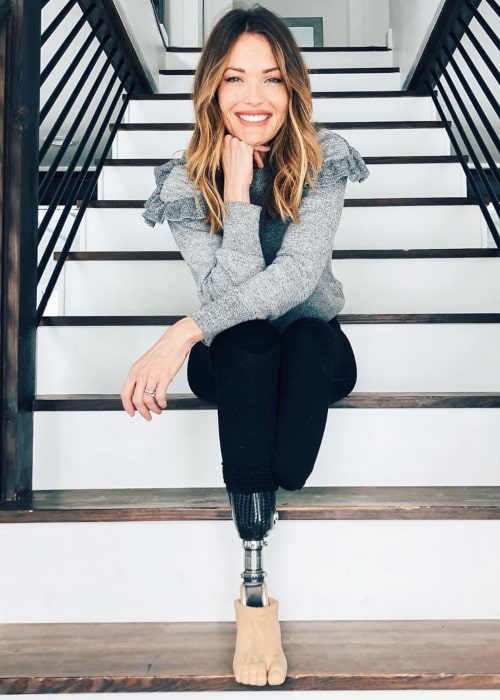
Not everyone can earn two Paralympic medals, perform and compete in “Dancing with the stars,” compete in “The Amazing Race,” and also achieve success as a model, actress and clothing designer. Amy Purdy, who is missing limbs and organs has achieved more success and athletic notoriety than any average human being. Can we really called her disabled?
The other keynote speaker was Billy Blanks who struggled with dyslexia all of his life. He was not able to read or do math without incredible effort and was labeled with a learning disability growing up. This setback made him strengthen his resolve and work ethic. He became a world champion martial artist and one of the most famous fitness instructors in the world. Yet, as a child, he struggled with the basic skills we expect everyone to be good at in order to make their way in the world. This is a testament to the fact that the term “disability” does not mean that a person is “not abled.” Many people with disabilities have achieved more than most in their chosen endeavor.
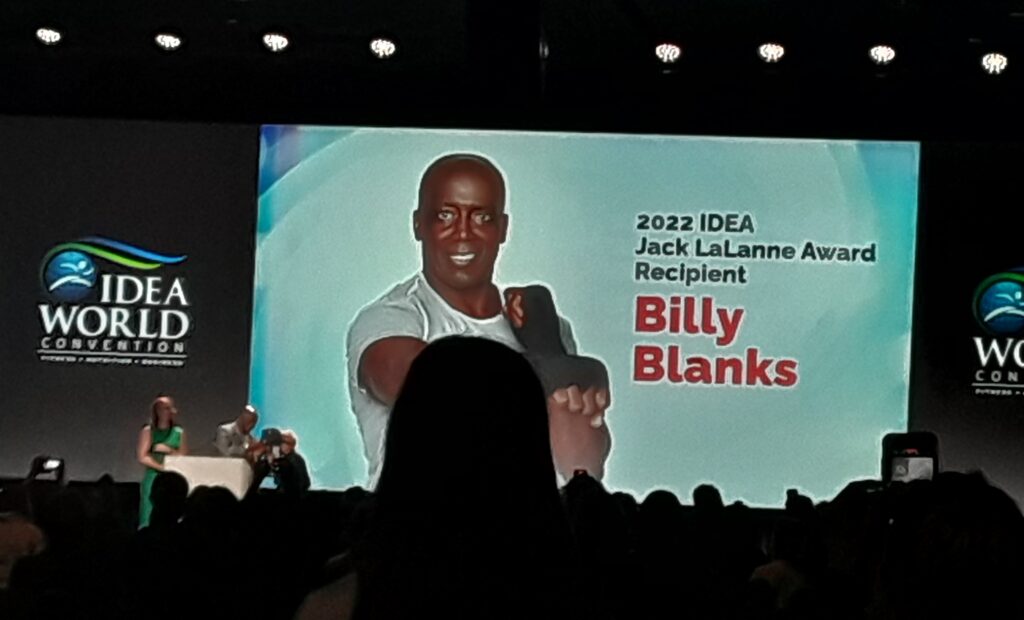
I have never spoken about my lack of normal fingers because I never considered myself disabled. I have been labeled handicapped growing up and many people have asked me about my hand. Most people don’t notice it until they have known me for months, but I am starting to realize how my inability to do things the way most people are taught to do things has molded me all my life.
For example, they used to say that left handed people, on average, have a higher IQ than right handed people because we live in a world that was designed for right handed people. For example, the desks at school are designed for you to write with your right hand. Because of this, left handed people are forced to maneuver their bodies in a way that is more difficult. Doing things that are more difficult challenges the brain and can foster higher intelligence.
If you have a rare disability, no one is there to teach you exactly how to do something. You have to be creative and figure out what works for you. You are forced to think for yourself and engineer your own solutions. Many people will doubt your abilities and some will believe in you, but very few can tell you how to maneuver through life or reach your goals.
I remember the first day of my typing class in high school. The teacher had a chart that told us exactly where to put each finger on the typewriter. I raised my hand and showed her that I didn’t have the fingers that was supposed to go on certain keys. She had no wisdom to impart. She told me that I’m the only one with my hand and I’ll have to figure it out on my own. I figured out that if I only use my right hand to touch the space bar and use one of the knuckles of my left hand to hit the pinky keys, I could type just as fast as anyone. When I was an office manager, my co-workers would marvel at the speed of my typing. My one finger on my left hand has to do twice as much work but, with practice, I got faster.
When I took kung fu, I had to take the same approach. When I grip a weapon, my hand is angled differently and I had to learn to maneuver in an unorthodox way. I also became very good at palm strikes since the shape of my left hand doesn’t favor traditional punches. I cultivated a very flexible and strong wrist so I can use it to do pull ups and heavy deadlifting. It made me realize how much our wrists are capable of and how few people use their wrists to their full capacity.
I have had to be extra vigilant about the way I align my elbows and shoulders and it’s made me look at alignment in a very sophisticated way. It’s not just about having perfect posture at all time, but about being in the best possible position you need to be in in order to perform a task. Sometimes, that means modifying depending on what is going on in your own body. Sometimes I need to use my core more, to make up for the lack of grip and strange angle of my hand. This is why I’m known for having such a strong core.
Having a “disability” has made me a better trainer. It has made me look at every person as unique individuals and I take pride and joy in training everyone differently and in accordance with their own bodies.
I have learned to be undiscriminating. Being an immigrant, woman of color, with a visible disability helps me to empathize with other people who may not be seen as “normal” in the eyes of others.
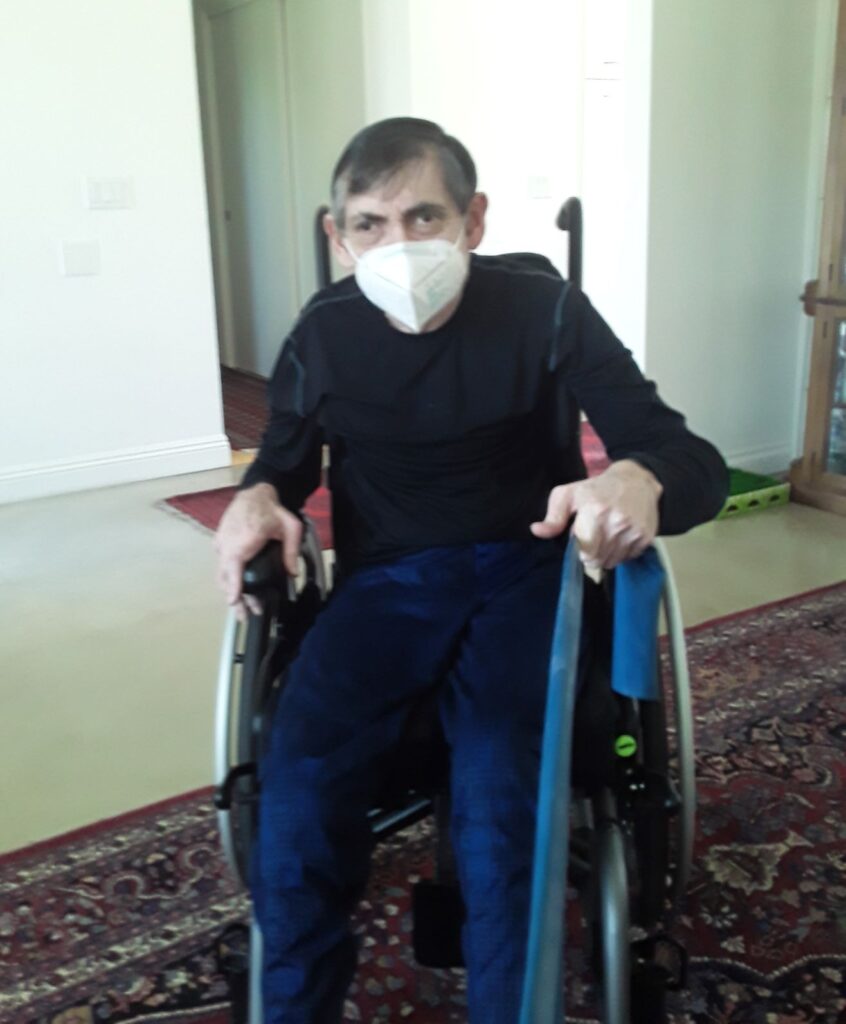
I have also learned that most disabilities are not so out in the open. I’ve trained people with arthritis, Parkinson’s disease, immune deficiencies, cerebral palsy and countless other joint problems or injuries. Though, they may seem like perfectly normal people, inwardly, they struggle with obstacles that most are not even aware of; and that’s okay, because everyone is fighting their own battle. Whether your obstacle is health related, psychological or intellectual, no one has it easy.
Since I was born, people tried to label me as “handicapped” but I never bought into it because, really, I’m fine. I’m fit, intelligent and capable of doing things that anyone else can do. I’ve worked with people who had never been labeled as “handicapped” who are no where near as conditioned as I am and I’m very grateful that my experiences in life has lead me to be the person I am today.
I have been asked about having surgery performed on my hand. Why should I? I’m capable of doing anything anyone else can do. Part of living life with grace is knowing what is worth going out of your way to change, and knowing what to accept. I was able to fix my back problems and bounce back after a shoulder injury, but I’m not going to sew new fingers onto my hand or amputate it so I can have a bionic one. I love my hand the way it is. I can type sixty words a minute. If I destroy this part of myself, I don’t know what I’ll end up getting as a replacement.
The way I see it, we should all marvel at each other’s differences. People with disabilities are often discriminated against because they are expected to adapt to the way our society or culture thinks people should act. Either we are expected to lower our expectations and act dumb and helpless, or we are expected to conform to a structure that is built only to suit one kind of person (like the right handed writing desks used in public schools.)
For many people, their disabilities or setbacks has been a great motivator to work harder and take better care of themselves. And just because someone is missing body parts, it doesn’t always stop them from living their fullest life. Our latest local hero, Laurie Mazarella, who is bouncing back after cancer surgery removed many and parts of her organs, is a testament to that. You can read her story here:
All in all, people with disabilities are people who deserve respect and acknowledgement as much as anyone else. We deserve the opportunity to do the things we want to do and the freedom to pursue our dreams. No one can tell you what you are and aren’t capable of. We are all unique individuals with strengths and weaknesses; weaknesses may just lead to more strengths and that’s the beauty of the human condition.
By the way, Happy Holidays! I hope this season brings you joy, reflection and cheer to you and your loved ones
